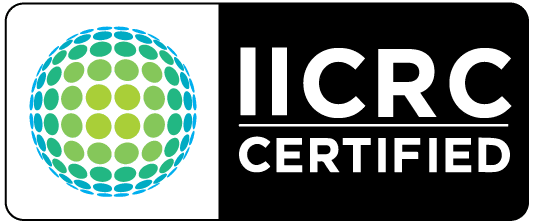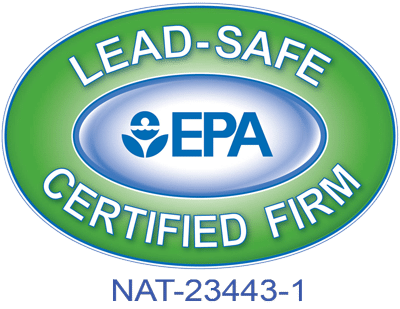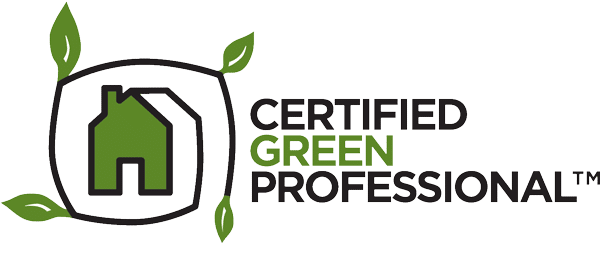Archive for December 2024
10 Tips to Prevent Water Damage in Your Home | White Wet Christmas

Water damage is the one thing that NOBODY wants for Christmas. Christmas is a time for family gatherings, festive decorations, and cozy nights by the fire. However, it’s also a time when your home is at increased risk for water damage. Between the cold weather and the hustle and bustle of holiday preparations, it’s easy to overlook potential hazards. At Baxter Construction Restoration and Cleaning, we want to ensure your holidays remain merry and bright by helping you prevent water-related mishaps. Here are ten essential tips to protect your home from water damage, and prevent you from having a “Nightmare Before Christmas”.
10 Tips to prevent Water Damage this Christmas

1. Inspect and Insulate Pipes
Why It Matters: As temperatures drop, pipes are at risk of freezing and bursting, leading to significant water damage. The cold winter weather does not discriminate like “the big man in red does”. Pipes that are exposed to the cold are at risk of freezing whether you are on the naughty or nice list. Frozen pipes are likely to break and lead to Water Damage.
What to Do: Wrap exposed pipes with insulation sleeves or heat tape, especially those in unheated areas like basements and attics. Keep your home’s temperature consistent and consider opening cabinet doors under sinks to allow warm air circulation. Most plumbing services will help assist in applying heat tape and other products of that nature.
2. Clear Gutters and Downspouts

Why It Matters: Water will always choose the path of least resistance. It is essential that water is able to drain from your roof efficiently in order to prevent back flow into your attic. Clogged gutters not only make it difficult for that water to get off of your roof, it also can cause it to pool near the foundation of the house. If water pools near your home, you could be at risk of water pooling in a crawlspace or basement. There could also be a risk of damage to the foundation itself.
What to Do: Clean out leaves, twigs, and debris from gutters and downspouts. Ensure downspouts direct water away from your foundation. Something as simple as cleaning your gutters can save you Thousands of dollars in repairs, and save your insurance premiums from rising.
3. Check Your Roof

Why It Matters: Your roof can handle a lot. Every year, it holds a sleigh, multiple reindeer, and man breaking into your house at 1 am. However, your roof is not invincible. Years of wind damage and small abrasions may have cause small damages or even large damages that you may not be aware of until it is too late. A damaged roof can lead to leaks, especially during heavy rain or snow. Damaged roofs can not only cause water damage, but in the worst cases, we have seen partial and even full roof collapse.

What to Do: Inspect your roof for missing or damaged shingles and repair them promptly. Remove any accumulated snow to prevent ice dams, which occur when snow melts and refreezes at the roof’s edge, blocking drainage.
4. Maintain Your Sump Pump
Why It Matters: For anyone that may not have one, a sump pump is a pump that sits in a low point of a basement or in some cases, a crawlspace. It has a float that allows it to turn on and off when the water level hits a certain depth on the pump. A malfunctioning sump pump can result in basement flooding, and put you at risk of secondary water damage and mold damage.
What to Do: Test your sump pump by pouring a bucket of water into the pit and ensuring it activates. Clean the pump and pit, check the drainage line for blockages, and consider a battery backup for power outages. Check the power chord and the oulet or breaker that it is connected to. If damage is found, It may be in your interest to have it inspected by a plumber, or have your electrical system inspected by a licensed electrician.
5. Clean up your Landscaping
Why It Matters: This year when you are “Decking the halls” don’t forget to “trim your trees”. Landscaping is not really thought about when it comes to water damage prevention. However, it is one of the easiest factors to eliminate in the terms of water drainage. Improper landscaping can direct water toward your home’s foundation, and lead to moisture accumulation in crawlspaces and basements.
What to Do: Ensure the ground slopes away from your home. Trim back trees and bushes to prevent roots from interfering with your foundation or underground pipes. Remove fallen leaves that can trap moisture, and act as a tinder box in the case of a fire. If you need assistance, most landscaping companies would be happy to assist you.
6. Inspect Windows and Doors
Why It Matters: Your home should be insulated enough that Frosty the snowman dreads stepping foot inside. However, your walls will only hold so much heat if your doors and windows have gaps around the edges. These gaps will not only allow water to find a way into your home during heavy rain and snow. Gaps will also allow cold air into your home, causing the interior temperature of your home to drop like snow out of the sky, and your energy bill to rise like your insurance rates if you don’t protect your home.

What to Do: Check for and seal any cracks or gaps with weatherstripping or caulk. If the weather stripping or caulking has gaps or looks well worn, you may want to look into replacing the weather stripping and installing new caulking. In extreme cases, consider installing storm windows or doors for added protection against the elements.
7. Monitor Your Water Heater
Why It Matters: Not only are hot water heaters one of your best friends after a long day in the cold. They are also one of the leading causes of water loss here in the Yakima Valley. A faulty water heater can leak and cause significant water damage. These losses are often small and can go unnoticed for a while due to the fact that most people place them out of site in the home. When these leaks go unnoticed the chances of water damage, mold damage and replacing your hot water heater go up.
What to Do: Regularly inspect your water heater for signs of rust, corrosion, or leaks. Flush the tank annually to remove sediment buildup. Consider replacing units older than 10-15 years. Make sure to consult with a trusted plumber or professional in the industry if you have concerns.
8. Use Smart Home Technology
Why It Matters: Everyone thinks of automating their Christmas lights, but why not apply that process to water damage prevention in your home? Early detection of leaks can prevent extensive water damage. Moisture sensors can be an affordable tool in the fight against unwanted water in your home. These sensors can notify you when the darkest corner of the home has excess moisture. Not only can it save you time and give you peace of mind, it can save you money. With water damage, time is not on your side, so the faster you are notified of excess water, the easier the fix can be.
What to Do: Install smart water sensors near potential problem areas like basements, bathrooms, and laundry rooms. These devices alert you to leaks before they become major issues. When you set out milk and cookies this year, consider setting some moisture detectors as well.
9. Be Mindful of Holiday Decorations

Why It Matters: For some families, an artificial tree just doesn’t cut it. The biggest difference between an artificial tree and a real tree in terms of water damage is, you need to water a real tree. The basins that hold the water for the tree have a risk of leaking and releasing unwanted water onto your floor. On top of potential leaks, real trees run a higher risk of catching your home on fire. Even small fires can send smoke throughout the entire home causing damage to all contents and interior of the home.
What to Do: When using live trees, ensure they are well-watered to prevent drying and potential fire hazards. Avoid overloading electrical outlets, which can lead to short circuits and possible water-related electrical damage. Lastly, have a fire extinguisher nearby and easily accessible.
10. Plan for Travel

Why It Matters: Most people don’t forget their 8 year old when going on vacation like the parents in Home Alone, but they do tend to forget to winterize the house before leaving! Unattended homes are at higher risk for unnoticed water damage. These kinds of damages can be far worse than normal because of how long they can be unaddressed. Wine and cheese age well and water damage does not.
What to Do: If you’re traveling for the holidays, turn off the main water supply and drain pipes to prevent freezing. Have a trusted neighbor or friend check your home periodically, and provide them with a contact list in case of emergencies.
Conclusion
By taking these proactive steps, you can enjoy peace of mind and focus on what truly matters during the holiday season: spending quality time with loved ones, and being grateful for the life we have been given. This year don’t let unexpected water damage steal your Christmas. Take the proper steps before disaster strikes and damages snowball out of control.
From all of us here at Baxter Construction Restoration and Cleaning. We wish you a Merry Christmas and a Happy New Year.








